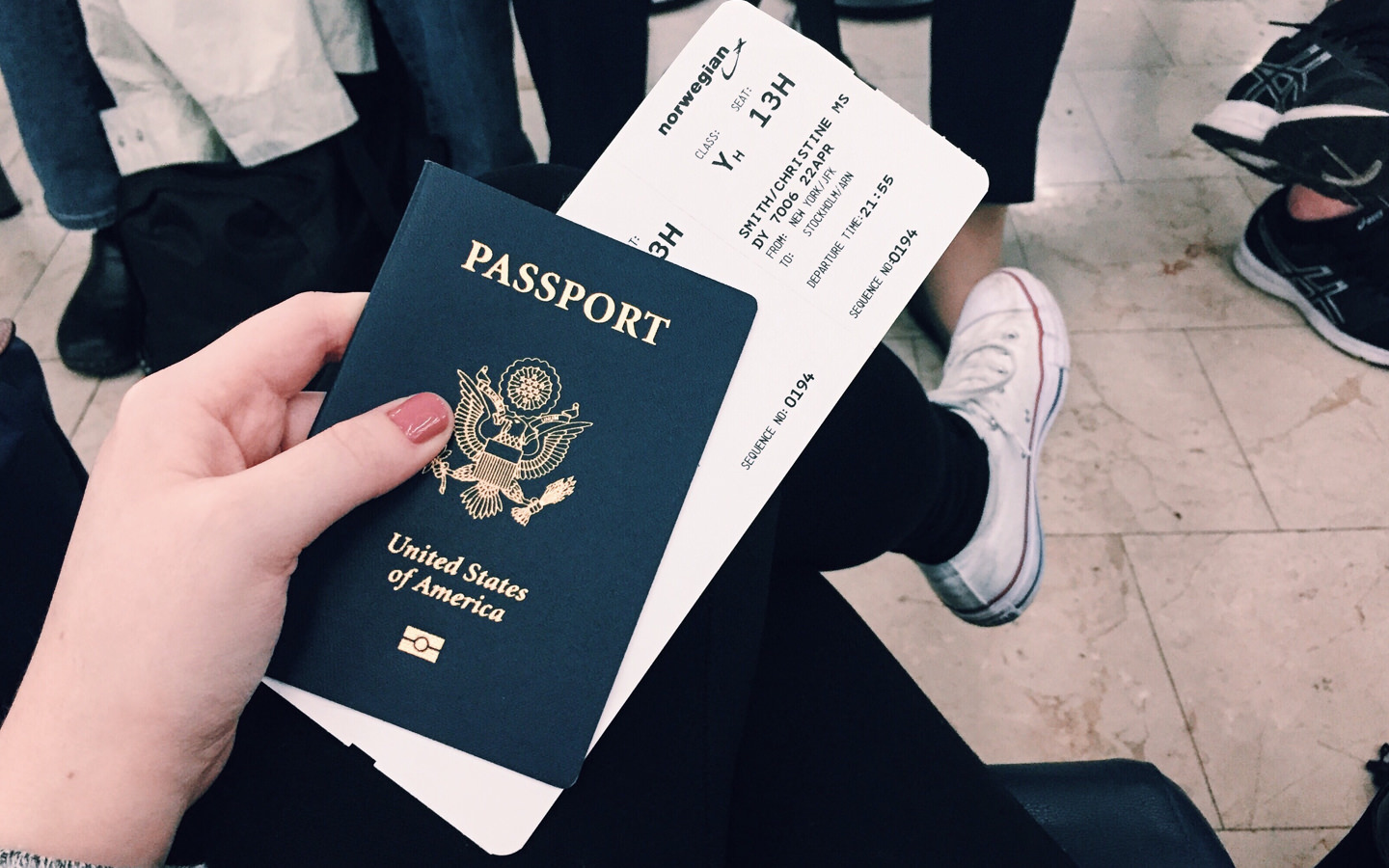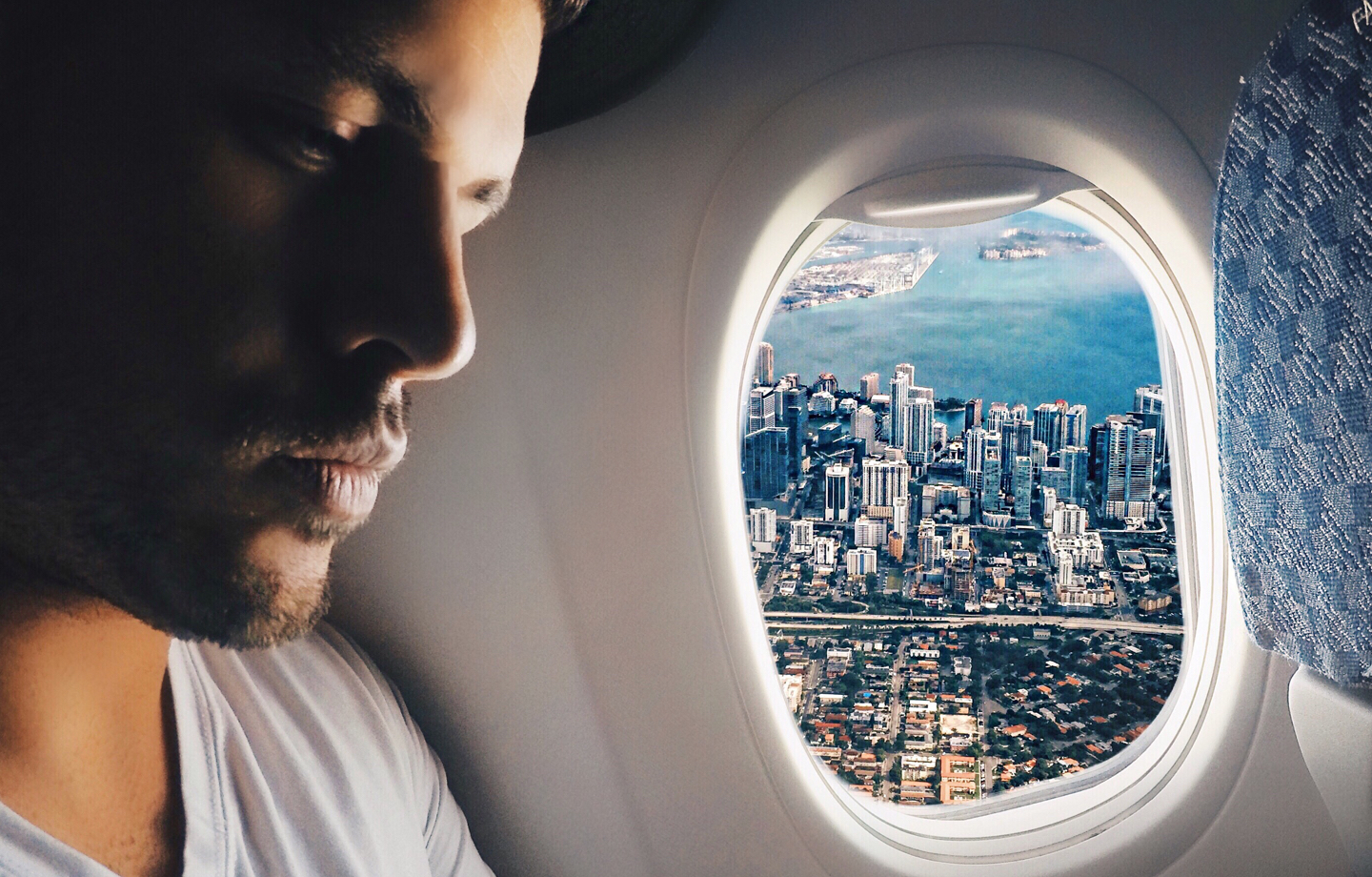Traveling can be exhilarating, a way to see the world and experience new flavors, meet new people, and witness firsthand new cultures and traditions. It can also be exhausting.
From running across an airport to your next connection terminal to fighting for elbow room in-flight, it’s a rat race to get from A to B, and most people seldom have time to think about how they’re going to adapt their sleep cycles.
With a little planning though, you can save yourself a lot of stress, so read through these tips to make sure you don’t put a damper on your trip with sleep issues.
OK, What is Jetlag?
Jetlag is a nasty physiological condition that often happens as a result of traveling very quickly across several time zones. Your body is in Paris, but your brain is still back in San Francisco, and it can take some convincing to get your body to conform to a reasonable sleep schedule.
For each time zone that you cross, it’s estimated that it takes about a day to recover, and the effects are much more pronounced when traveling west to east and losing time.
Jetlag isn’t just an inconvenience, though, it’s downright uncomfortable. A disturbed circadian rhythm can cause everything from indigestion to headaches and irritability, and that’s certainly no way to spend a vacation.

How to Prevent Jetlag
Plan Ahead
One of the best ways to plan for a lengthy trip that’s a time zone or more away is to start adjusting your schedule gradually in the days leading up to your departure.
Rather than hopping your bedtime five hours forward in one day, gradually adjust your schedule by about an hour a day leading up to your flight, from meal times to sleep and wake schedules.
Get Plenty of Sleep
Don’t pull an all-nighter packing before a long flight, it’s one of the worst things you can do for your internal sleep clock. Instead, get a good night’s sleep, no matter how early you have to wake up to make it through security — even if that means being in bed by 7pm.
Be Selective with Your Planes
You don’t have to be a travel aficionado to know which planes to look for when trying to get a decent night’s sleep. A350s and A380s have systems that mimic the light changes you experience when outside, which can help you get the sleep you need when you need it. Special air control systems keep humidity balanced and less stuffy than conventional flights.
Change Your Watch When You Board
Healthy sleep is in large part psychological. When you board your flight, change the time on your watch to the local time you’re flying to to get your brain in the space of adjusting before you arrive.

Arrive During the Day
Book flights that arrive during daylight hours so you can immediately adjust to local time. Arriving at night makes sense if you struggle to sleep on planes are generally crash after a long trip, but otherwise it can make adjusting to a new time zone more challenging.
Nap With Great Abandon
If your flight is during the course of your new (or normal) sleep schedule, make sure you have what you need to sleep there. Bring earplugs, a sleep mask, and a great pillow, and get all of the sleep you can while stuffed between 50 other passengers.
Move Around
If at all possible, try to get up periodically to help with circulation and prevent deep vein thrombosis. Sitting for long periods of time can you put you at greater risk for circulatory problems, so bring some compression socks and get up whenever you can.
Eat Well
I know, travel is rife with the opportunity for in-flight cocktails and fast food, but you can sabotage yourself if you indulge too much. To keep your blood sugar stable and help you get a healthy night’s sleep, drink plenty of water, avoid alcohol, and eat as much real food as you can.

Relax Your Schedule
Whether you’re traveling for business or pleasure, make sure that the days following your departure are easygoing and flexible, not booked solid. Flexibility will take the edge off your stress and give you the opportunity to rest when you need it.
Get Lots of Sun
Sunlight is absolutely critical to regulating a healthy, natural sleep schedule, so make sure you get plenty of it after you land. Open the drapes in your hotel room, go for walks, eat outside — whatever you can do to remind your body that the sun is up, and so should you be.
Get to Bed On Time
Local time, that is. Shoot for going to bed at the earliest reasonable time locally so that you can ease into the time zone you’ll be spending your days in, and try to stay awake during the day so that sleep comes easily.
Make Sleep an Experience
A hot bath and some lavender essential oil can work wonders for soothing you into slumber, so give it a try. Bring a portable essential oil diffuser with you to put in your hotel room (never use essential oils on a flight), run a hot bath, and get into a comforting routine that puts your body in the zone for sleep.
Use Sleep Aids As a Last Resort
Sleep deprivation is dangerous, but you want to avoid using sleep aids, whether natural or prescribed, as much as you can. That said, if your body just isn’t having anything to do with your new schedule, try a supplement like melatonin that helps to regulate your body’s internal sleep schedule.
How do you survive jetlag when traveling? Share your tips on Facebook, Instagram, or Twitter by tagging us with @AvocadoMattress or #AvocadoGreenMagazine.

Shop Pillows
The Essential Organic Pillow Collection
Gentle, breathable, non-toxic support.






